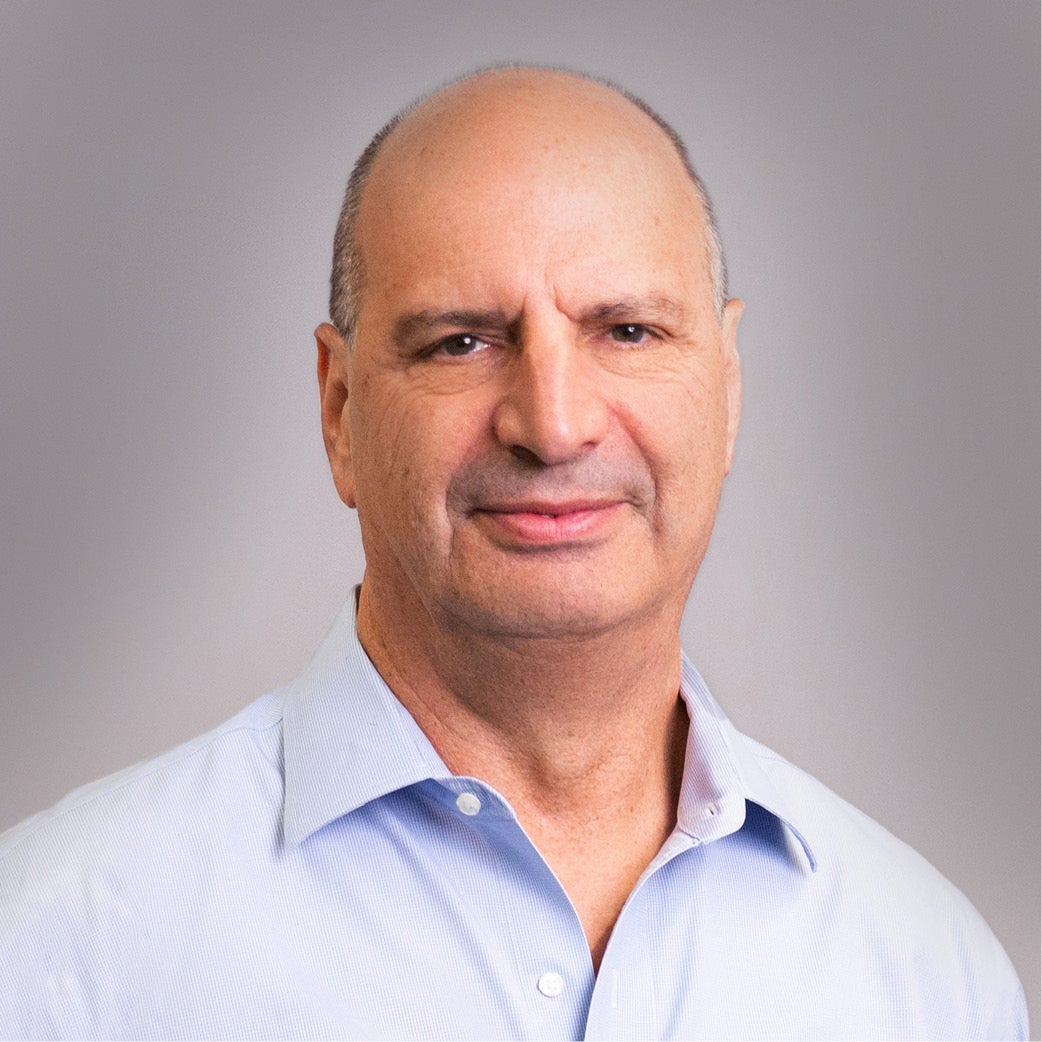Ultrasound or CT guided biopsy
Ultrasound or CT guided biopsy
What is an Ultrasound/CT guided Biopsy?
If an area is identified as abnormal on an x-ray, ultrasound or CT examination it may be necessary for the Radiologist to perform a biopsy (small tissue sample). Ultrasound or CT is used to guide a needle to the area of concern. The sample will be tested by the laboratory to provide a diagnosis - normal or abnormal.
Biopsies can be taken from many areas in the body i.e. breast, liver, kidneys and thyroid.
How much will my examination cost?
Fees for radiology tests can vary and depend on a number of factors. Please make an enquiry with us by phone or email to get a quote for the service you require. ACC co-payments may apply.
We accept all radiology referral forms.
Waikato
Phone: 0800 426 723
Email: Booking.Waikato@i-med.co.nz
Rotorua
Phone: 0800 466 5642
Email: Booking.Rotorua@i-med.co.nz
Bay of Plenty
Phone: 07 544 5993
Email: Booking.bop@i-med.co.nz
Taranaki
Phone: 06 759 4317
Email: Booking.Taranaki@i-med.co.nz
How do I prepare for the procedure? keyboard_arrow_down
At the time of your appointment, we will provide you will all necessary preparations for your procedure (either by letter in the mail or over the phone).
If you are having a liver or renal biopsy the Radiologist may ask you to have some blood tests a few days before the study, and may suggest you take a light sedative prior to the examination. When you make your appointment, the receptionist will give you details of appointment time and what to do.
If you are taking regular aspirin or a blood thinner (eg Warfarin), please let our staff know when you make your appointment. You may need a blood test as part of a coagulation screen. Please tell staff again on arrival.
You will be taken to the Ultrasound/CT room where the Sonographer (Ultrasound technologist) will discuss the procedure with you, and ask you to sign a consent form for this test. If you have any queries please don't hesitate to ask the Radiologist or the Sonographer.
You may be asked to stay in the department for several hours after the examination.
You may need to bring a friend or relative to drive you home.
What does the examination involve? keyboard_arrow_down
The Radiologist will identify the area to be biopsied using ultrasound or CT.
The Radiologist will then introduce local anaesthetic before making a very small incision in the skin. Please note that Thyroid biopsies do not require any anaesthetic or incision.
While scanning the region, the Radiologist will insert the needle into the area to be biopsied. When the needle is in place, a sample will be taken and the Radiologist will remove the needle. The Radiologist usually collects between three and five samples.
Is there any aftercare? keyboard_arrow_down
For patients having a liver or renal biopsy, you will need to stay on-site for a period of observation for 4-6 hours. The Radiologist will see you before you leave and give you instructions on after care.
Who interprets the results and how do I get them? keyboard_arrow_down
The biopsy sample will be sent to a medical laboratory for examination by a Pathologist. A result may be sent to your Doctor/Specialist within about five days after the biopsy. When the results are available, you should have an appointment with your referring Doctor/Specialist to discuss the results.
Related procedures

This information has been reviewed & approved by Dr Ronald Shnier (I-MED Chief Medical Officer).
Related procedures

This information has been reviewed & approved by Dr Ronald Shnier (I-MED Chief Medical Officer).
How much will my examination cost?
Fees for radiology tests can vary and depend on a number of factors. Please make an enquiry with us by phone or email to get a quote for the service you require. ACC co-payments may apply.
We accept all radiology referral forms.
Waikato
Phone: 0800 426 723
Email: Booking.Waikato@i-med.co.nz
Rotorua
Phone: 0800 466 5642
Email: Booking.Rotorua@i-med.co.nz
Bay of Plenty
Phone: 07 544 5993
Email: Booking.bop@i-med.co.nz
Taranaki
Phone: 06 759 4317
Email: Booking.Taranaki@i-med.co.nz
